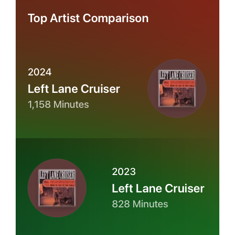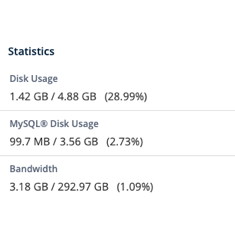Guy Kawasaki on Getting a Job
August 17th, 2006
Guy Kawasaki interviewed Libby Sartain a senior HR person at Yahoo! then the next day Guy showed how he would apply to an actual position at Yahoo! in the form of a cover letter and two sample resumes. Alas after eighteen years that URL no longer works, so you can search online for it, I’m tired of fixing busted links in old blog posts of mine.
My favourite quotation:
getting a job is not about competing on an even playing field. You use everything you can to tilt the field towards you: friends, relatives, hours of research, school alumni connections, vendors, service providers, whatever.
I’m guilty of not doing this enough. I foolishly believe in the concept of a meritocracy. The world isn’t fair, I knew this before I did my MBA but afterwards I was even more painfully aware.
I should leverage my connections, alumni status, even my blog and website more than I do. I definitely put in time doing the research, I even turn some of it into blog postings which may have been more clever than I originally intended. I’m still waiting to hear back from the company I interviewed with yesterday.
Everyone I’ve ever asked to write a letter of reference for me has said yes. Toni Garrett commented on this once while I was at UVIC, she said she always looked forward to talking to my supervisors and reading my co-op workterm reports, because they were always so positive. I got into all the universities I’ve ever applied to. I even turned down the opportunity to interview with a prestigious private American business school, because I wanted to return to Vancouver, perhaps I should have considered other schools.
If you have thoughts on resumes, looking for a job online, or self marketing you can leave them below.
This entry was originaly posted on , it was last edited on and is filed under: Advice and tagged: Guy Kawasaki, Job Search, Self Marketing.





This is another old blog posting that attracted a lot of spam according to one of my WordPress plugins. Perhaps because Guy Kawasaki appears in the title or it has some legitimate trackbacks to go along with the presumably spammy ones robots try to leave.
From the comments to one of Guy’s recent post came a link to Joel On Software. You do read the comments right? I often miss them myself as I use RSS extensively.
I’ve read Joel on Software at least once before but I don’t believe I read his posting on job interviews. It is too tied to computer programming something I know too much about or perhaps not enough. It still has some points of use to a more general audience.
He does emphasis the importance of passion. I tried to explain this to several of my MBA classmates multiple times. He also talks about the impossible question. In one of our career workshops at Sauder we covered these, I haven’t been asked one in a long long time. I think they are more common at large corporations. I got several of them when Shell was trying to recruit me after I worked there as a co-op student.
While I was in China I was tasked with helping people prepare for job interviews in English. There are a lot of resources online including huge lists of popular interview questions, but I think you can overanalyze the impossible questions, but here is a place to start if you want to improve your interview skills.
Real practice is more important than anything you can read. I conducted mock interviews while I was in China, perhaps I should have been on the otherside of the desk more…
Another HR person at Yahoo! Stephanie Tate the university relations manager critiqued Guy’s application to Yahoo. She wasn’t overly harsh but she made some valid points. One problem with resumes/cover letters is not everyone is looking for the same thing. You get conflicting pieces of advice. In writing and public speaking it really pays to know your audience. But when you are writing a cover letter or a resume you don’t always know who will be reading it.
That is why people advocate tailoring your resume to every single job application. I don’t go in for that. I think the more you edit your resume the more likely you are to introduce annoying little errors, especially if you do it at the last minute. Once you have your resume looking reasonably good, just try to keep it up to date.
Another issue facing the modern job searcher is the rise of automated job application parsers. I was reading in eWeek recently that you should write for them and not real people, trying to cram in as many keywords as possible. They were speaking to people just applying for technical positions, I think more generally you want to come across as human, as real, as more than 23 bullet points. You also want to stand out and to that end a few personal facts or unusual accomplishments or qualifications can really help.
Well I’ve now received my second formal rejection letter. It is nice to think people actually considered me seriously for the position, but it is still a rejection letter. I’m all too familiar with rejection.
I’m still waiting to hear back from the company I interviewed with yesterday…